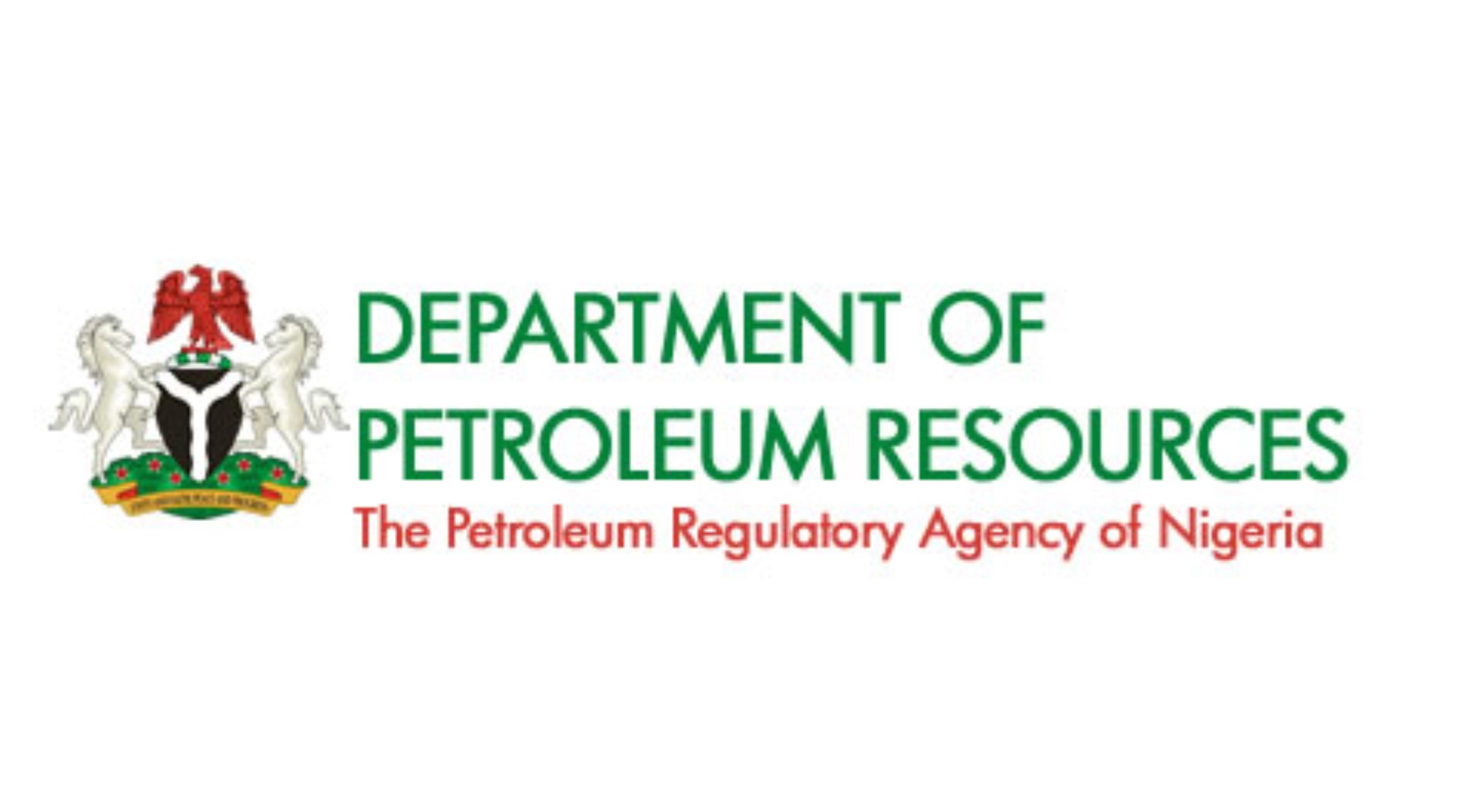Oil & Energy
2020 Marginal Oilfield Bid Still On- DPR

The Department of Petroleum Resources (DPR), says the bid round process for its 57 marginal oilfields in the country is still ongoing.
Head, Public Affairs, DPR, Mr Paul Osu told The Tide source on Friday in Lagos that the bidding process has not been completed.
“The 2020 marginal oilfield bid round process is still ongoing in line with our published timelines on DPR website and bid portal.
“Over 600 companies have applied to be prequalified for the bid rounds which began on June 1. However, the DPR had put measures in place to ensure that the awardees would be credible investors with technical and financial capability.
“The objective of the 2020 marginal field bid round was to deepen the participation of indigenous companies in the upstream segment of the industry and provide opportunities for technical and financial partnerships for investors.”
According to Osu, the last time the country conducted marginal field bid rounds was in 2003 “with 16 of the fields now contributing two per cent to the national oil and gas reserves while bringing development to their host communities in the Niger Delta.”
A marginal field is any field that has reserves booked and reported annually to the DPR and was unproductive for a period of over 10 years.
Oil & Energy
NERC, OYSERC Partner To Strengthen Regulation

Oil & Energy
NLC Faults FG’s 3trn Dept Payment To GenCos

Oil & Energy
PENGASSAN Rejects Presidential EO On Oil, Gas Revenue Remittance ……… Seeks PIA Review

-
Maritime5 days ago
Nigeria To Pilot Regional Fishing Vessels Register In Gulf Of Guinea —Oyetola
-

 Sports5 days ago
Sports5 days agoGombe-Gara Rejects Chelle $130,000 monthly salary
-
Maritime5 days ago
Customs Declares War Against Narcotics Baron At Idiroko Border
-

 Sports5 days ago
Sports5 days agoTEAM RIVERS SET TO WIN 4×400 ” MORROW” …Wins Triple jump Silver
-

 Sports5 days ago
Sports5 days agoNPFL Drops To 91st In Global League Rankings
-
Maritime5 days ago
NIMASA,NAF Boost Unmanned Aerial Surveillance For Maritime Security
-

 Sports5 days ago
Sports5 days agoNIGER DELTA GAMES PANACEA TO YOUTH DEV”
-

 Sports5 days ago
Sports5 days agoNPFL Impose Fines On Kwara United Over Fans Misconduct

